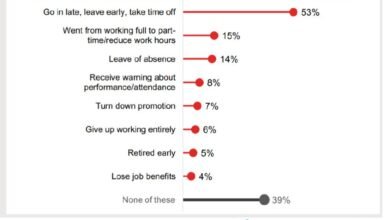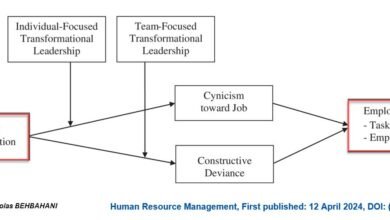Skill shift: Automation and the future of the workforce
Demand for technological, social and emotional, and higher cognitive skills will rise by 2030. How will workers and organizations adapt?

Source | www.mckinsey.com | Jacques Bughin, Eric Hazan, Susan Lund, Peter Dahlström, Anna Wiesinger, Amresh Subramaniam
Skill shifts have accompanied the introduction of new technologies in the workplace since at least the Industrial Revolution, but adoption of automation and artificial intelligence (AI) will mark an acceleration over the shifts of even the recent past.
The need for some skills, such as technological as well as social and emotional skills, will rise, even as the demand for others, including physical and manual skills, will fall. These changes will require workers everywhere to deepen their existing skill sets or acquire new ones. Companies, too, will need to rethink how work is organized within their organizations.
This briefing, part of our ongoing research on the impact of technology on the economy, business, and society, quantifies time spent on 25 core workplace skills today and in the future for five European countries—France, Germany, Italy, Spain, and the United Kingdom—and the United States and examines the implications of those shifts.
- How will demand for workforce skills change with automation?
- Shifting skill requirements in five sectors
- How will organizations adapt?
- Building the workforce of the future

How will demand for workforce skills change with automation?
Over the next ten to 15 years, the adoption of automation and AI technologies will transform the workplace as people increasingly interact with ever-smarter machines. These technologies, and that human-machine interaction, will bring numerous benefits in the form of higher productivity, GDP growth, improved corporate performance, and new prosperity, but they will also change the skills required of human workers.
To measure skill shifts from automation and AI, we modeled skill shifts going forward to 2030—and found that they accelerated. While the demand for technological skills has been growing since 2002, it will gather pace in the 2016 to 2030 period. The increase in the need for social and emotional skills will similarly accelerate. By contrast, the need for both basic cognitive skills and physical and manual skills will decline (Exhibit 1).






